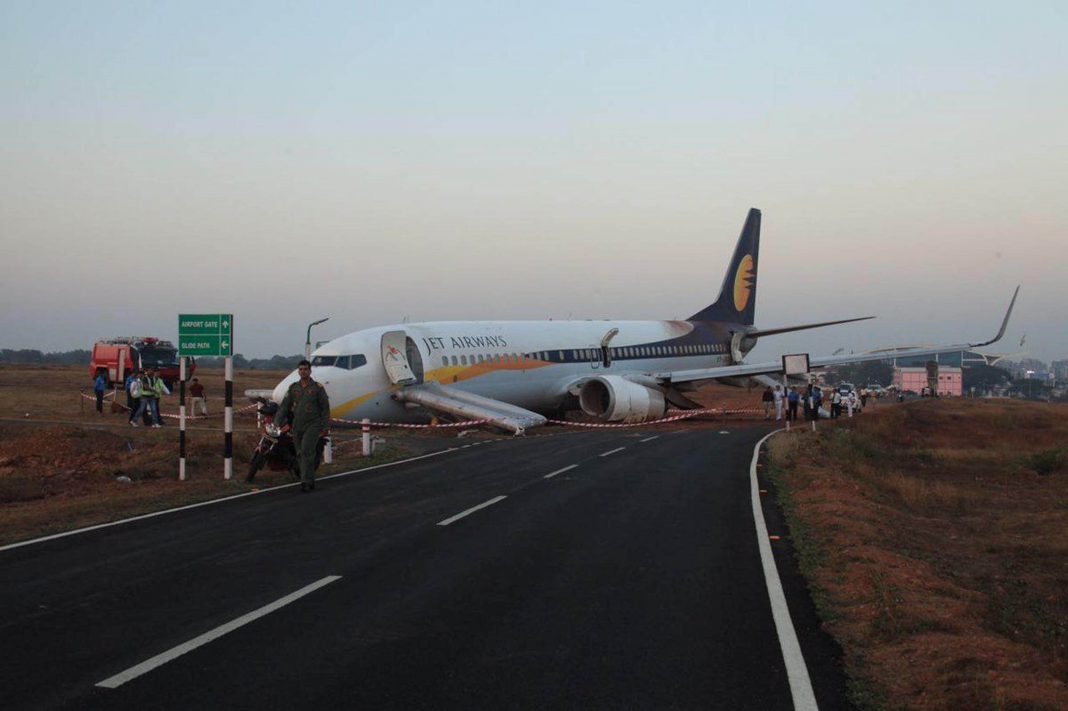The outbreak of pandemic COVID-19 has reignited the debate of term ‘force majeure’ in contractual businesses particularly in civil aviation business. The outbreak has brought the world to a near standstill and as a result the commercial businesses are at their low. The companies across the world want the governments or the other businesses to invoke the clause of force majeure so as to save them from incurring losses and their collapse in these unforeseen circumstances.
One of the major industry suffering in India from this pandemic is the airline industry. It is already suffering from low availability of credit to maintain their day to day operation and has been plagued by rampant corruption. The Federation of Indian Chambers of Commerce and Industry (FICCI) has recommended that the government should mandate that force majeure applies to all civil aviation contracts to save the domestic civil aviation industry from the COVID-19 induced crisis.
The passenger airlines both domestic and international have been put on ground for an indefinite period to contain the spread of novel corona virus. In such an extraordinary situation the airlines are seeking invocation of force majeure by the government to defer the payment of taxes, oil charges, aviation turbine fuel and salary to workers. Most of the airlines capital reserves would be wiped out if the situation persists for more than three months. FICCI also suggested that Oil Marketing Companies may be directed to extend unsecured interest-free credit terms to the aviation sector as the aviation turbine fuel is one of the three major costs for domestic airlines.
Force Majeure in Select Airline Operator Agreement
It is a civil aviation agreement which is generally executed between the Airline Company and the Airports Authority of India wherein, the airline company gets contract to fly its airplanes as per the schemes launched by the Central Government and also the airline get to use the domestic airports of India. It contains the relationship between the parties, the amount payable on transactions and so on. The agreement says, the Selected Airline Operator shall be entitled to suspend the performance of its obligations to the extent that it is prevented from performing its obligations by an event of Force Majeure. In order to invoke the clause the agreement provides for conditions which needs to be satisfied, they are:-
- Materially and adversely affects the performance of an obligation;
- Situation is beyond the reasonable control of the Selected Airline Operator;
- The Selected Airline Operator could not have prevented or reasonably overcome with the exercise of Good Industry Practice or reasonable skill and care; and
- Does not result from the negligence or misconduct of the Selected Airline Operator or its failure to perform its obligations.
Circumstances which involve force majeure events:-
- If any airport on the becomes unusable for flight operations by the Selected Airline Operator;
- War, invasion, armed conflict or act of foreign enemy;
- Revolution, riot, insurrection or other civil commotion, act of terrorism or sabotage;
- Nuclear explosion, radioactive or chemical contamination or ionizing radiation;
- Strikes, working to rule, go-slows and/or lockouts which are in each case widespread, nationwide or political but excluding strikes by the employees or personnel of the Selected Airline Operator;
- Any effect of the natural elements, including epidemic or plague, lighting, fire, earthquake, heavy rains, tidal wave, flood, storm, cyclone, typhoon or tornado;
- Explosion.
A reading of the above said circumstances clearly shows that in case of epidemic or plague the force majeure can be invoked by the government so as to save the airlines industry. The question before the Government is whether the situation created due to the outbreak of pandemic COVID-19 is covered under the force majeure or it is an act of god. The term ‘act of God’ is broadly defined as a situation be exclusively the consequence of natural causes or be of an extraordinary nature or such that it would not be anticipated or provided against by the party seeking to rely on it.
Legal position on Force Majeure clause
The Supreme Court in case of Dhanrajmal Gobindram vs. Shamji Kalidas, (1961) 3 SCR 1020 held that the term force majeure is of wider import. Judges in the past have agreed that where the reference is made to force majeure, the intention is to save the performing party from the consequences from the anything over which he has no control.
Response of the Government
The central government on 31st of March issued an ordinance namely Taxation and Other Laws (Relaxation of Certain Provisions) Ordinance, 2020 wherein an amendment has been brought to the CGST Act by inserting a new section 168A which provides for power of government for extension of time limit in force majeure cases. The ordinance has included epidemic so as to deal with the situation of COVID-19. Even otherwise, this ordinance has been brought in to relieve many companies from legal burden and to prevent their collapse in these extraordinary times.
It is however remains to be seen as to how the Government further responds to the demands of the airlines in these challenging times. Various commercial organisations have already raised concerns over the colossal losses which are being borne by the airline companies due to complete grounding of airplanes and anxious passengers seeking full refund of their tickets.
In conclusion, the agreement executed by the Airports Authority of India with airline companies does mention the term epidemic in force majeure clause and thus the burden now rests with the Government to bail out the companies or witness their complete collapse.
-Vedant


